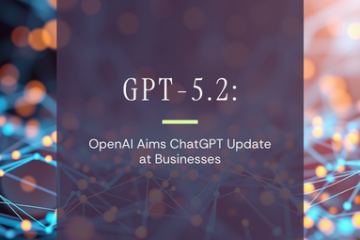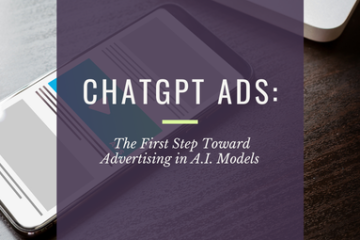
Veterinary medicine, like human-centric health tech, is expected to get a major boost thanks to A.I. Early use cases involve automating busywork like filling out medical records to predicting and measuring events like animal pandemics or individual medical issues.
The Five Most-Key Takeaways from This Blog Post
- Many veterinarians are early adopters of A.I., already finding ways to integrate this quickly growing technology into their practices.
- A.I. that records and transcribes then summarizes conversations with patients can be an easy way to automate the time-consuming task of creating medical records. That in turn can free up the schedule to see more animals on a given workday.
- Prediction and identification and measurement are some key processes that A.I. can readily automate. For instance, A.I. could read an animal’s X-ray to offer a second opinion on a case.
- “Pet tech” goes beyond the vet’s office in offering people with pets the opportunity to better monitor a pet’s health at home.
- Overall, veterinarians could potentially save the lives and improve the health of much more animals thanks to artificial intelligence.
Recording and Transcription and Summarization
This application is already in use among healthcare workers treating humans.
Since most vet appointments are a conversation between the person who brought the animal in, rather than a horse-whisperer-style dialogue between vet and animal, the application has plenty of use for vets.
The major difference would be that there would be occasional pet sounds popping up in the transcription. But wouldn’t that be kind of endearing?
Not only can this make medical records easier to keep, but it can also make those records more accurate as well.
Predictions and Measurements for Animals
Predicting whether an animal does or does not have an ailment is, of course, a fundamental part of veterinary medicine.
Luckily for veterinarians, A.I. excels at making predictions based on hard data. Plus, the A.I. can draw from a massive data set that can inform those predictions, which helps explain why A.I. can be so great at making accurate predictions.
It can also help discover signs of ailments for the veterinary medical field as a whole. This way, A.I.’s powers in analyzing big data can come in handy by finding additional ways to improve or preserve the health of animals.
Pet Tech
We have A.I. for use in veterinary practices, but then there is “pet tech”.
One example is “smart collars” that can keep a visible read on animals’ vitals. That could be useful for people with pets that can be hard to figure out whether something is wrong or not. (Cats are notoriously “stoic” concealers of health issues.)
Another example is for dogs: nose-print-recognition technology. These can replace microchips as a way for keeping track of an animal.
This can be important technology because the health of animals can be easy to overlook until things get to an advanced state. That is especially true of larger families, where pets may be more in the background than in, say, a household where it is just a human and a pet.
Drug Research
Generative A.I. is already playing a significant role in research for the pharmaceuticals industry.
A.I.’s uses for research into possible drugs for the human-healthcare market can certainly extend to drugs for animal health.
In particular, gen A.I.’s ability to generate a ton of possible drug designs is not only speeding up R&D, but even leading to higher-quality discoveries than otherwise.
The Last (But Not Least) Key Takeaway
Anyone who has a pet knows that trips to the vet can be the key to helping that animal live a longer, higher-quality life.
A.I. could continue to increase the quality of life for animals, whether pets or otherwise, by giving vets the tools to increase quality of care.
Other Great GO AI Blog Posts
GO AI the blog offers a combination of information about, analysis of, and editorializing on A.I. technologies of interest to business owners, with especial focus on the impact this tech will have on commerce as a whole.
On a usual week, there are multiple GO AI blog posts going out. Here are some notable recent articles:
In addition to our GO AI blog, we also have a blog that offers important updates in the world of search engine optimization (SEO), with blog posts like “Google Ends Its Plan to End Third-Party Cookies”.





